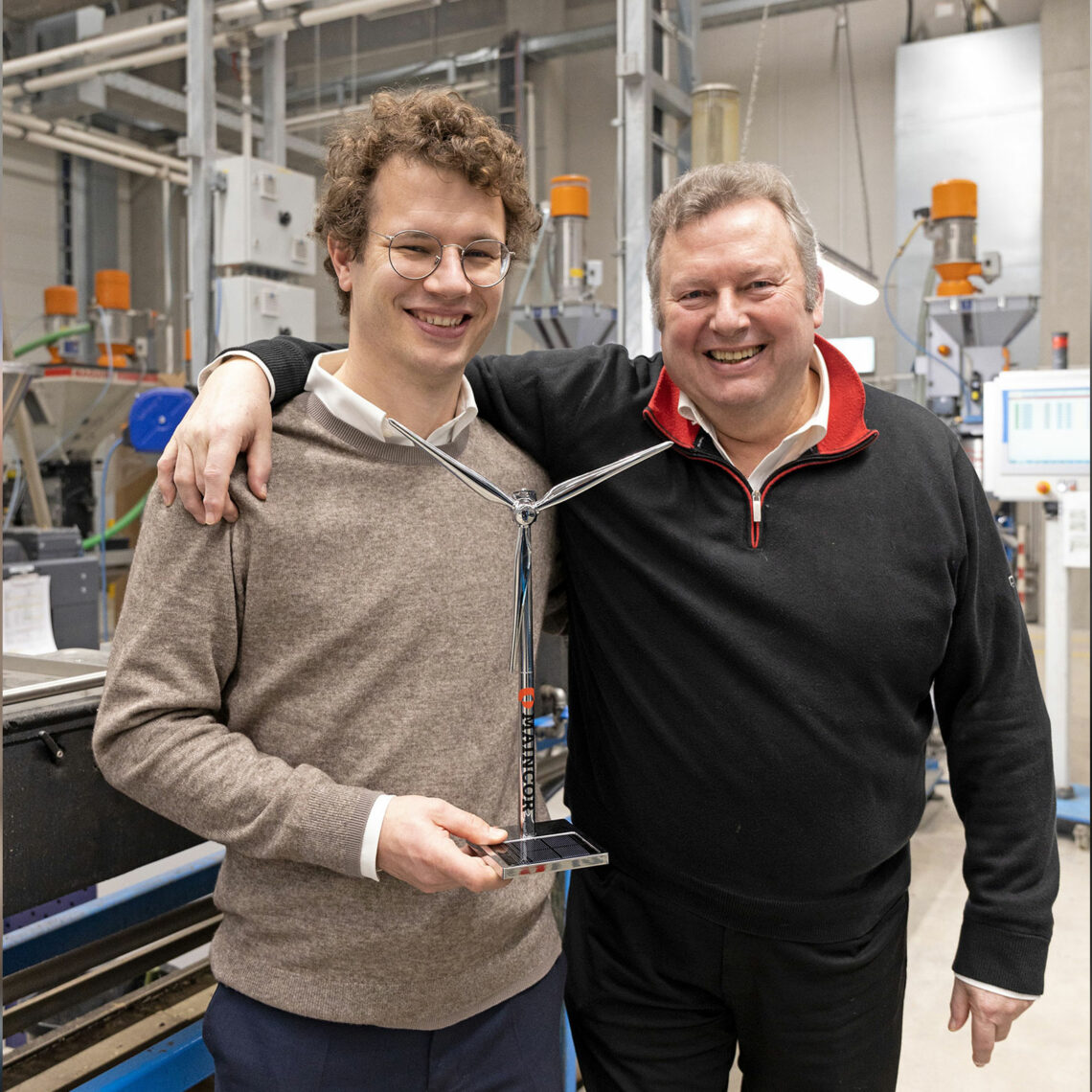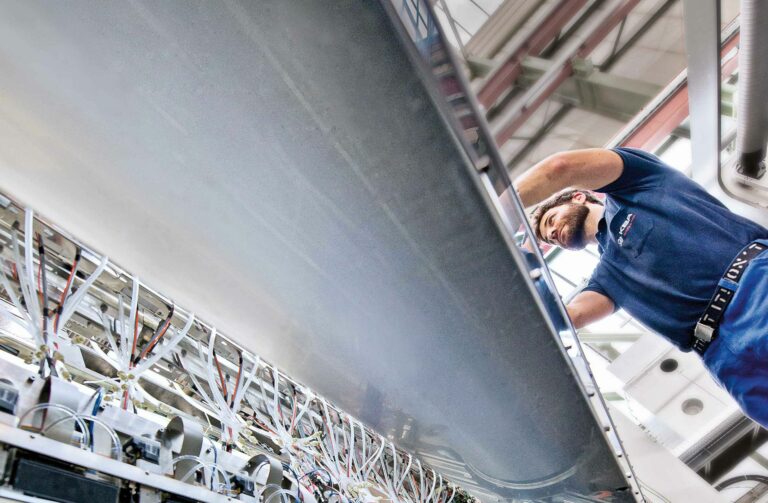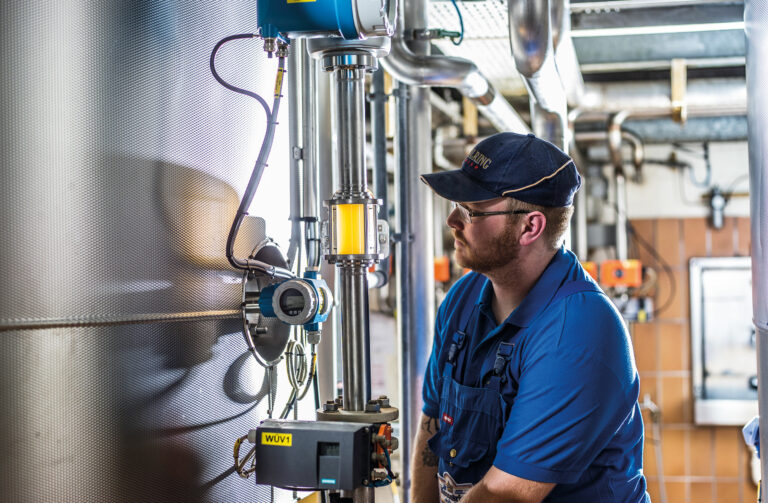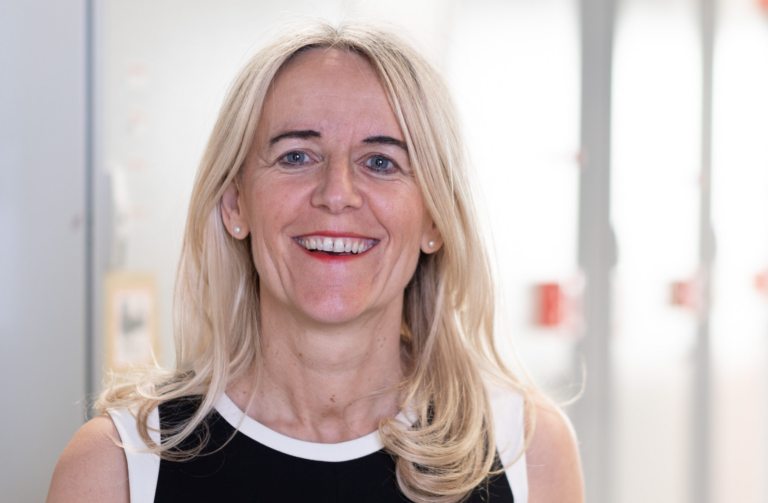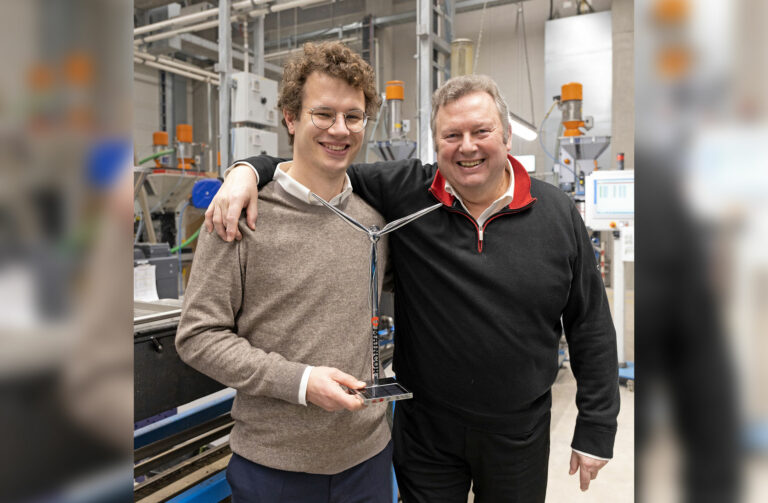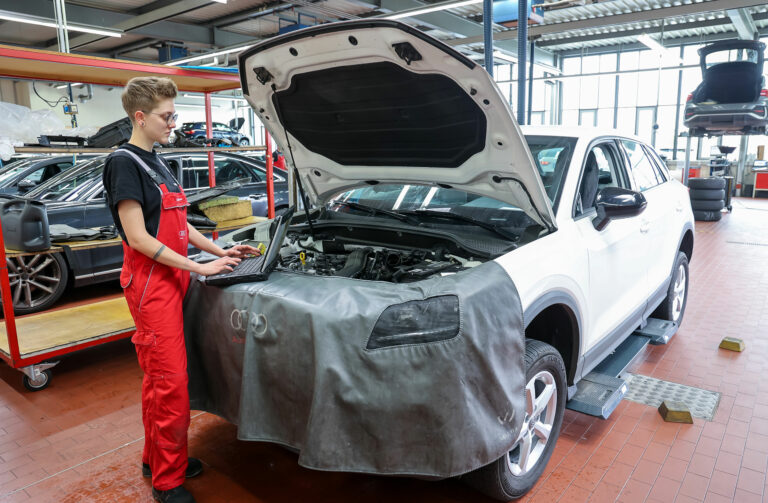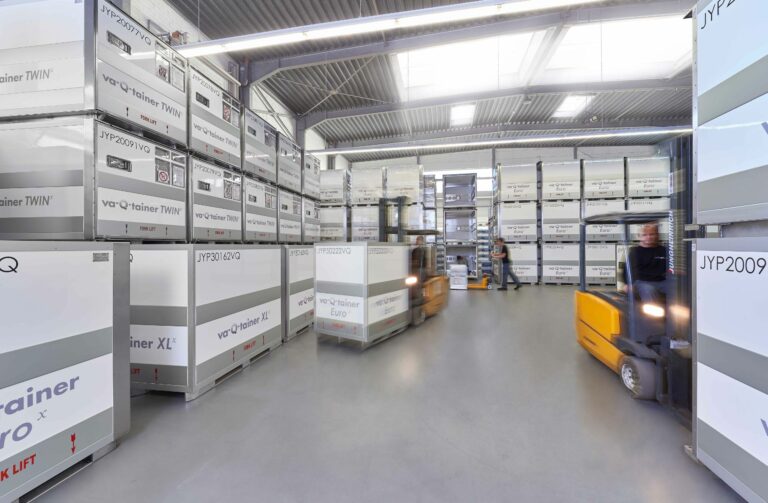SMEs passing the torch
A major problem associated with company succession is coming our way, and hardly anyone realises the dramatic nature of it, because the demographic change in society will not spare the management floor. A look at the official statistics does not paint a good picture here: The owners of the around three million family-run companies in this country are getting older, which means more and more owners are being faced with the decision of whether to hand their business on to others.
Depending on the study, the number of potential handovers per year is estimated at between 30,000 and 76,000 companies – and this trend is rising. The number of these companies ready for handover is far from being matched by an adequate number of people interested in taking the helm. Despite the start-up hype in the media, fewer people are venturing the step into professional self-employment today than in the past. The Kreditanstalt für Wiederaufbau (KfW) has calculated that, statistically, less than half a person out of 100 employed people aspires to start a full-time business. An increasing number of handovers and a start-up dynamic that remains constant at best means that the gap between potential outgoing and incoming owners continues to widen. At last count, there were statistically only around 0.6 potential incoming owners for every outgoing owner . The consequence is that more and more outgoing owners are unable to find successors. If this succession fails because other options, such as selling to a competitor, do not present themselves, competitive companies will leave the market.
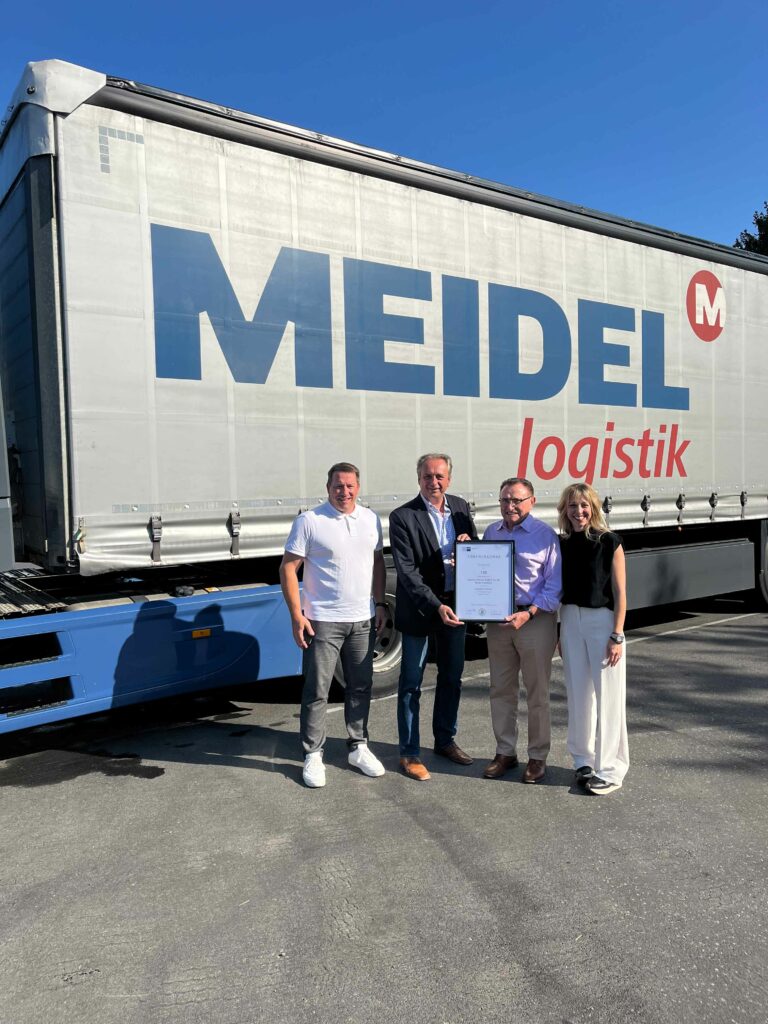
The fact that succession in a company can succeed for a wide variety of reasons and what it takes in each individual case is fortunately still evident, on the one hand, by taking a look at the region, including the newly elected and reconstituted CIC honorary office at the beginning of 2023. For example, companies such as Belz GmbH from Würzburg, Planen und Wehner GmbH from Schweinfurt or Fränkische Rohrwerke Gebr. Kirchner GmbH & Co. KG from Königsberg im Bayern. have elected a generation of entrepreneurs to the plenary assembly for the first time, all of whom have dealt with the issue of company succession. Even far away from the honorary office, the challenge of generational change plays a major role in the CIC’s everyday life. Würzburg-Schweinfurt CIC has long been supporting this successor aspect with its portfolio of consulting, networking formats, awareness raising and qualifications, together with regional partners. At the same time, it is working with partners such as business incubators or regional networks – for example, Startbahn in Schweinfurt or gründen@würzburg in Würzburg – to establish an active and strong start-up scene in Main Franconia.
Succession is one of the great challenges for small and medium-sized enterprises. On a positive note, according to the latest CIC Succession Report Main Franconia , although almost six out of ten businesses ready to be handed over have a handover as their goal, four out of ten also do not know how and whether to proceed. If, in the worst case, 40 per cent of the companies surveyed are not aiming for a handover, this once again shows the dramatic nature of the situation. There are undoubtedly positive examples, and the chambers themselves are contributing within the scope of their possibilities to an improvement in the overall situation with partners on the company and succession side.
However, the right political course also needs to be set: in addition to generally simplifying the process and encouraging entrepreneurship by reducing bureaucratic hurdles, there needs to be more promoting of career opportunities through professional self-employment, not least in terms of education. And last but not least, we need to work on the image of entrepreneurship – because positive examples encourage emulation. This cannot hurt when it comes to business succession.
Header picture: Dieter Pfister (right), Managing Director of Maincor Rohrsysteme GmbH & Co. KG from Schweinfurt, has actively put its company succession into practice with his son Michael. Photo: Florian Dittert/Maincor

